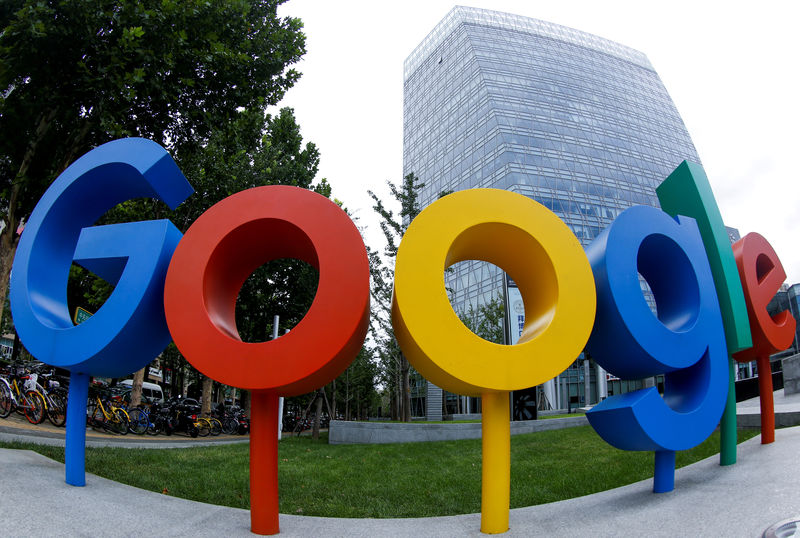By David Shepardson
WASHINGTON (Reuters) - A 23-year-old law giving technology companies legal protection from lawsuits over user-generated content remains critical to the internet's future, Alphabet Inc's (O:GOOGL) Google unit and social media site Reddit Inc said in testimony released on Tuesday.
Senior executives from Google, Reddit, the Electronic Frontier Foundation and legal experts are due to face questions on Wednesday in Congress about the 1996 Communications Decency Act, which critics say shields tech companies from dealing with threatening, violent, dangerous or bullying content.
Lawmakers from both major political parties have said Congress could make additional changes to the law to restrict companies' immunity. Last year, Congress made it easier for prosecutors and sex-trafficking victims to sue social media networks, advertisers and others that kept exploitative material on their platforms.
At issue is Section 230 of the act, which generally provides immunity to online platforms for content posted by users, although companies can still be held liable for content that violates criminal or intellectual property law.
Advocates say the law has helped the rapid growth of internet companies over the past 20 years and encouraged free expression.
Katherine Oyama, Google's global head of intellectual property policy, said Section 230 incentivizes "action against harmful content" and Google has more than 10,000 people working on content moderation.
Without Section 230, search engines, video sharing platforms, blogs and other providers would "either not be able to filter content at all (resulting in more offensive online content, including adult content, spam, security threats, etc.) or would over-filter content (including important cases of political speech)," Oyama said in written testimony.
The U.S. House Energy and Commerce committee released written testimonies ahead of Wednesday's hearing, which is titled "Fostering a Healthier Internet to Protect Consumers."
Reddit CEO Steve Huffman said Section 230 has incentivized "good faith attempts to mitigate the unavoidable downsides of free expression.
"While these downsides are serious and demand the attention of both us in industry and you in Congress, they do not outweigh the overwhelming good that 230 has enabled."
Huffman said that "all-or-nothing moderation simply isn’t feasible," given the fact Reddit handles more than 750,000 posts and 6.3 million comments per day across over 130,000 active communities.
Danielle Keats Citron, a Boston University law professor, said courts had stretched Section 230's legal shield far beyond what it was intended for, and instead has been used "to immunize
platforms from liability even though they knew about users’ illegal activity, deliberately refused to remove it, and ensured that those responsible for the illegality could not be identified."
In June, Republican Senator Josh Hawley introduced legislation to remove immunity large tech companies receive under Section 230 unless they submit to an external audit that proves their algorithms and content-removal practices are politically neutral.
